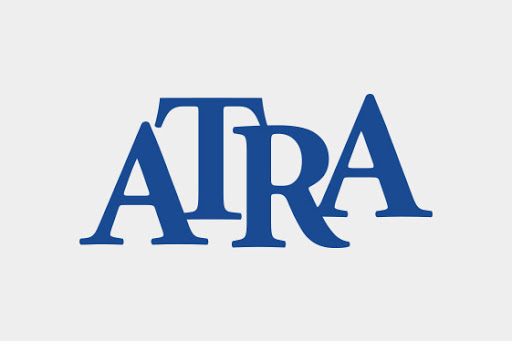‘Highly Unusual’ Rehearing of Louisiana Case Raises Judicial Independence Concerns
Louisiana Supreme Court Waffles Under Political Pressure, ATRA Brief Urges Court to Stand Strong

The American Tort Reform Association (ATRA) is disappointed to learn that the U.S. Court of Appeals for the Third Circuit ruled against LTL Management, LLC in a case regarding the […]
The American Tort Reform Association (ATRA) is disappointed to learn that the U.S. Court of Appeals for the Third Circuit ruled against LTL Management, LLC in a case regarding the company’s bankruptcy proceedings.
“This is a major setback for LTL Management and a blow to the fight to create a fairer process for all,” ATRA President Tiger Joyce said.
LTL Management, like many businesses, was facing financial distress caused by an onslaught of mass tort litigation and sought relief through the bankruptcy process. However, some parties sought to block the proceedings, arguing that LTL Management should not be allowed to use bankruptcy as a means of resolving its financial difficulties. The Third Circuit’s ruling prevents LTL Management from moving forward with its bankruptcy proceedings and seeking a fair and just resolution to its financial challenges.
“We are disappointed with the Third Circuit’s decision in this case,” Joyce said. “Allowing businesses like LTL Management to use the bankruptcy process is essential to ensuring a balanced legal system. This ruling is a setback not only for LTL Management, but for all businesses seeking relief through the bankruptcy process.”
In August 2022, ATRA filed a joint amicus brief with the U.S. Chamber Litigation Center in In re LTL Management, LLC before the U.S. Court of Appeals for the Third Circuit. The brief highlighted why the use of bankruptcy to address litigation claims is a valid bankruptcy purpose that has been historically recognized by courts across the country. Resolution of mass-tort liabilities in bankruptcy court has been a key tool for U.S. businesses since the Bankruptcy Code was first enacted in 1978.
“We are disappointed that LTL’s bankruptcy proceedings were blocked today,” Joyce said. “This ruling will risk fair and efficient resolution for current and future claims in this matter. Blocking the legitimate use of the Chapter 11 system was motivated by trial lawyers’ continued desire to file cases in a flawed system in which they’ve come to expect high-dollar awards, low evidentiary standards, and low barriers of entry. The financial motivations of the trial bar should not be prioritized above the needs of those operating in good faith.”
Louisiana Supreme Court Waffles Under Political Pressure, ATRA Brief Urges Court to Stand Strong
Left unchecked, these jurisdictions will continue dragging down economic growth and undermining justice through rampant lawsuit abuse.
Claimants Given Opportunity to Vote on Plan; Judge to Reconsider Scientific Validity of Plaintiffs’ Experts
Legitimate consumer protection demands sound science and impartial analysis — not distorted data designed to manufacture lawsuits.
Law Firms Spent $168M+ on 2.2M Ads in Georgia
ATRA’s Latest Studies Reveal Financial Influence and Lack of Transparency in Pennsylvania’s Campaign Finance Systems